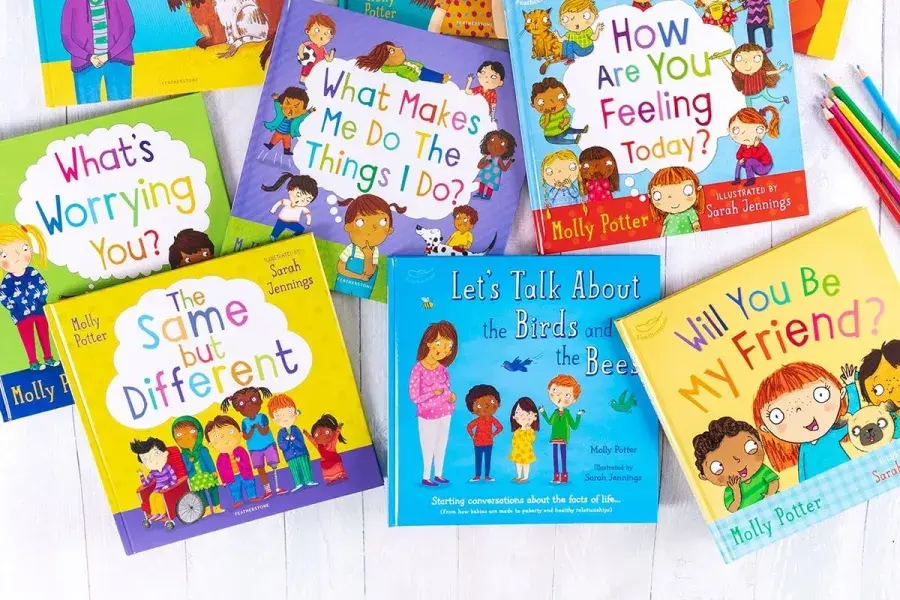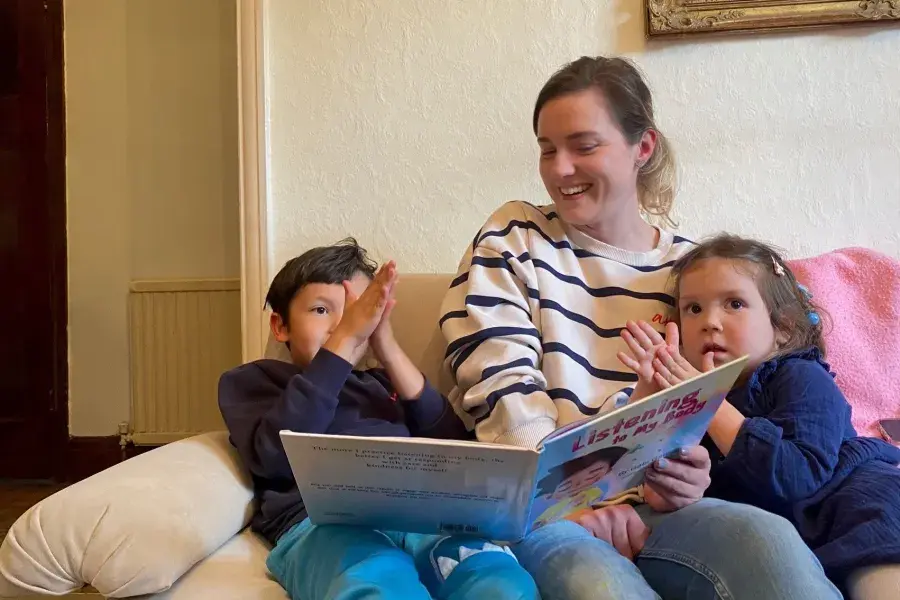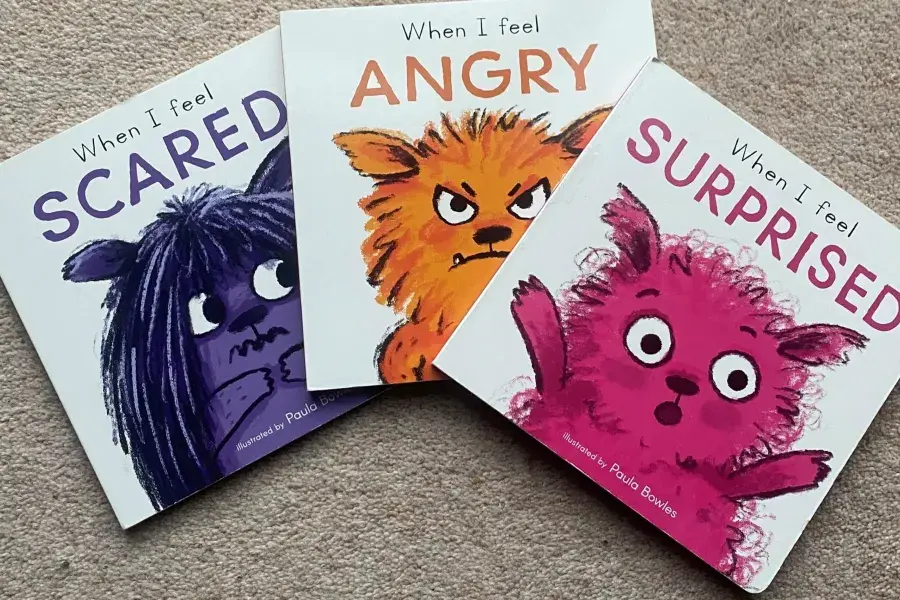Let’s Talk: Picture Books to Start Conversations About Emotions
The first books we’ll be reviewing as part of our series on resources to support emotional regulation are from the ‘Let’s Talk’ series, written by Molly Potter and illustrated by Sarah Jennings.
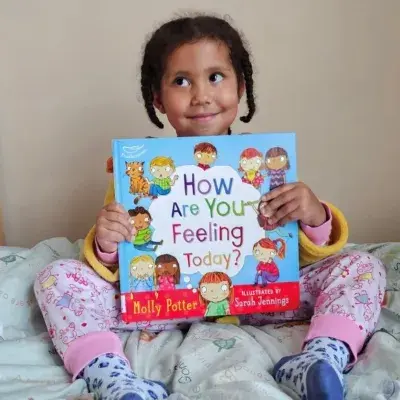
‘How Are You Feeling Today?’ is a delightful picture book to dip into. It is written in a ‘choose your own adventure’ format, where children can choose a feeling that relates to them and then turn to the relevant page for that feeling (e.g. ‘if you are feeling angry, turn to page 8’). That page then provides fun and imaginative child-friendly strategies for dealing with the feeling, as well as a simple explanation of how it feels and a reassurance that it is normal to feel this way.
Helpful notes at the back of the book include a brief guide for parents on emotional literacy and provide more ideas of strategies to try out together and practice dealing with feelings. Click here to purchase (affiliate link)
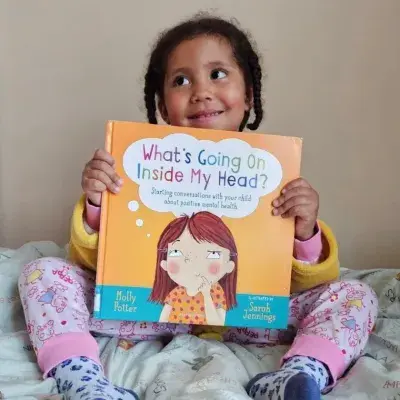
‘What's Going On Inside My Head?’ features similar lovely illustrations and is a bit meatier in terms of content. It goes into more depth on practical ways we can keep both our minds and our bodies in good shape. Topics covered range from positive self-image and emotional intelligence to relationships and mindfulness. Click here to purchase (affiliate link)
Beyond the many books she has written on emotional literacy, Molly Potter's website is a goldmine of information on this topic. We reached out to Molly directly to get her take on how her books can best be used by parents seeking to support their children with emotional regulation.
Who would you say your books are for?
Molly: My picture books are aimed at adults for use with young children around the ages of 5 to 7 although some children use them earlier and some later.
Many teachers have told me my books work really well for neurodivergent children of an older age range than 5 to 7. Understanding and managing emotions, maintaining friendships, celebrating differences and considering which behaviours are helpful and which unhelpful relate to social skills that some neurodivergent children need extra support navigating.
I think they work well because my books are straightforward and direct in their messages. I also think it helps that they are non-fiction books, absent of metaphor and full of clear information.
How do you think parents and carers can get the most out of your books?
Molly: I think the books work really well to initiate conversations between children and their adults when they are shared together. The books don’t necessarily need to be read from cover to cover in one go; they are great books to dip into. It’s better if adults let children take the conversation where they want it to go and encourage them to ask questions about what is covered.
Once the contents of the books have been explored with an adult, I have been told many times that children will return to them many times. One parent told me how their son fell asleep cuddling ‘How Are You Feeling Today?’ every night for some time!
Although your books are aimed at children, do you think parents and carers can also use them to increase their own self-awareness?
Molly: I think my books cover some topics that adults might not otherwise have thought to consider with children – or possibly at all. For example, as emotional intelligence is not generally understood or focused on, my books certainly do trigger adults to further reflect on how they handle emotions. There is also something beautifully connecting about adults learning alongside their children and my books can help guide this process.
I also deliver training for parents/carers and teachers that is about helping them to help their children develop emotional intelligence and its links to supporting behaviour. However, it nearly always becomes clear that, although ultimately aimed at helping children, the adults also have plenty of ‘penny drop’ moments! Often, I now just explain what emotional intelligence is to develop the adults’ understanding and then address how this can benefit their children too.
There can never be too much emotional intelligence in my opinion and greater emotional intelligence is a key component of developing self-awareness.
We agree! We found these books to be great resources for helping to learn about emotional awareness and are interested in checking out the others in the series.
If you would like to purchase any of the ‘Let’s Talk’ books as a result of this review, please take a moment to raise a free donation for The Neurodiversity Family Hub by using our affiliate link to purchase through Waterstones, or purchasing through our easyfundraising page and searching for your preferred online retailer.
